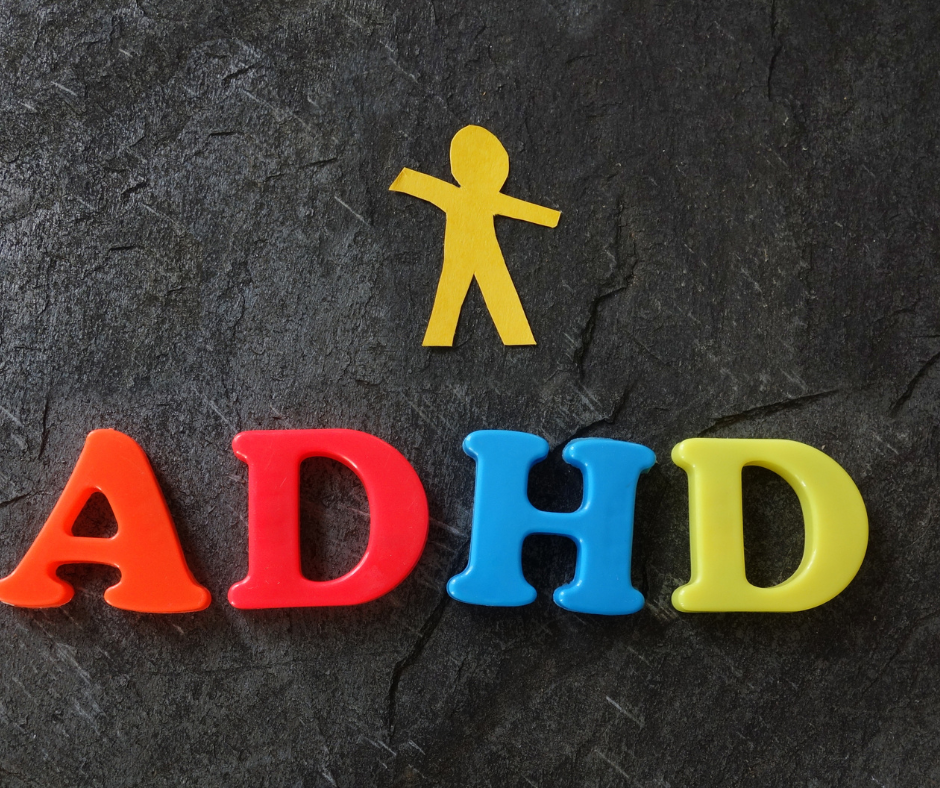A brain illness known as attention deficit hyperactivity disorder (ADHD) can make it difficult to focus, maintain organization, and regulate urges. Knowing the signs of ADHD and investigating practical management techniques is crucial if you or a loved one suffers from it. It can influence people of all ages and present particular difficulties that can have an array of effects on day-to-day living. Having success and symptom management can be significantly aided by Kent residents having access to supportive care and effective therapy. To navigate the world of ADHD therapy, one must adopt a holistic approach that includes effective support systems, strategies specific to each patient’s particular circumstances, and a dedication to long-term success. If you face such problems, Aspire Autism Services in Kent is one of the best solutions. This group of skilled experts offers adults and kids evaluations for autism and combination autism-ADHD. Let’s Navigate ADHD treatment in Kent and their strategies, support, and success through this post.
Knowing ADHD
It is essential to understand the basics of ADHD before diving into methods of treatment. ADHD is a neurodevelopment condition marked by issues with maintaining focus, reining in impulsive behavior, and managing excessive amounts of activity. ADHD is frequently identified in children, but it can also be present in adults, causing problems in a variety of areas of life.
Methods of Particular Therapies
Due to the unique symptoms and difficulties that each person with ADHD has, treatment regimens for each patient must be customized. Getting individualized therapy begins with utilizing thorough ADHD assessment services in Kent. Comprehensive assessments of symptoms, medical history, and functional limitations are part of a diagnostic evaluation performed by trained specialists. A variety of treatment options, such as medication, therapy, and lifestyle modifications, are available to individuals upon diagnosis. It is normal practice to administer medications to treat ADHD symptoms, including both non-stimulants like atomoxetine and guanfacine and stimulants like methylphenidate and amphetamine derivatives. However, not everyone responds well to medicine on its own, which emphasizes the value of complementary therapies.
People are given coping mechanisms to help them pay attention, control their emotions, and become more organized through therapeutic procedures including cognitive-behavioral therapy (CBT) and psychoeducation. Furthermore, behavioral therapies are essential in helping children and adolescents with ADHD manage their symptoms. Examples of these interventions include parent education and school-based services.
Creating Support Systems
Using the tools available in the community, educators, healthcare professionals, and family members are essential when navigating ADHD treatment in Kent. Opening lines of communication with family members and friends promotes empathy and understanding, lowers stigma, and encourages cooperation in handling ADHD-related difficulties. When it comes to helping students with ADHD in academic settings, educators are essential. Working together to create classroom adjustments and Individualized Education Plans (IEPs) allows for a variety of learning styles and encourages academic success. Additionally, having access to peer networks and therapeutic groups gives people with ADHD a feeling of acceptance and validation, enabling them to share their stories, trade coping mechanisms, and develop resilience.
Developing Long-Term Achievement
To effectively manage ADHD, a proactive, multidimensional strategy that goes beyond symptom management is needed. Regular self-care behaviors, like getting enough sleep, eating a balanced diet, and exercising, improve overall well-being and improve the results of treatment. Furthermore, cultivating a growth attitude and recognizing one’s capabilities promotes resilience and self-acceptance in the face of obstacles connected to ADHD. A feeling of motivation is cultivated by setting reasonable goals, dividing work into doable chunks, and acknowledging small victories. Collaboration between patients and healthcare professionals guarantees continuous symptom monitoring and necessary therapy modifications. Regular assessments enable the assessment of advancements and the determination of supplementary assistance requirements, so promoting long-term success in the management of ADHD.
Last Thoughts
A journey of self-discovery, empowerment, and determination is involved in managing ADHD treatment in Kent. Through the adoption of tailored therapeutic strategies, the establishment of strong support systems, and the emphasis on overall wellness, people with ADHD can effectively manage the obstacles presented by the condition and reach their maximum potential. Success in managing ADHD is achievable with commitment, encouragement, and persistence, opening the door to a happy and meaningful life.















